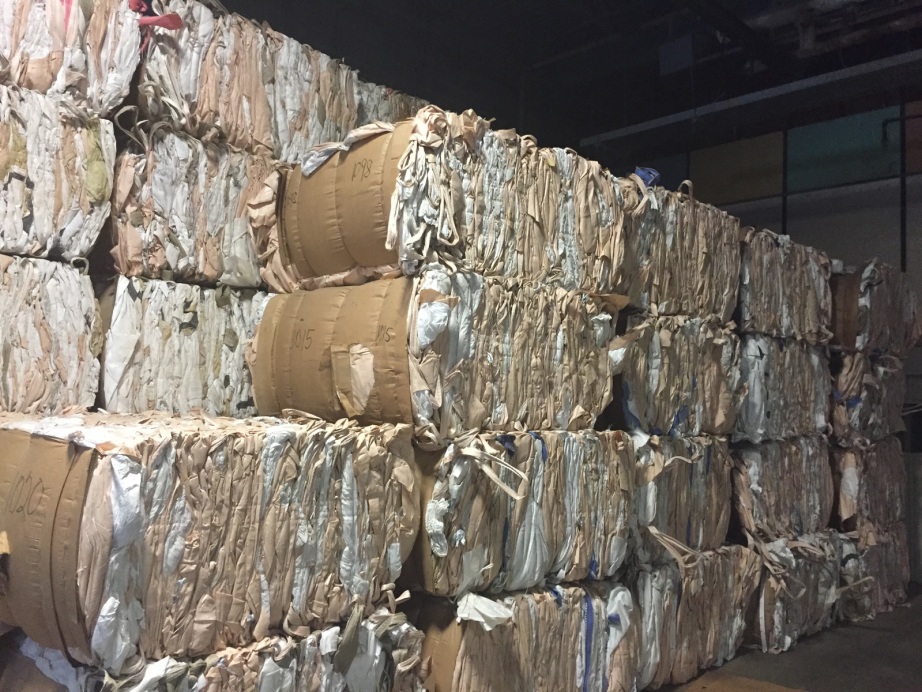Scientists and sports enthusiasts alike have long been looking to level this frigid playing field via the development of plastics that can serve as synthetic ice to line backyard hockey and ice-skating rinks. But the type of polymer needed to coat a sloping two-kilometer track—one that can accommodate sleds traveling in excess of 125 kilometers per hour—has proved much more elusive. “Any synthetic track needs to offer a similar sliding and driving experience to ice and not create any concerns about athlete safety,” says Jan-Anders Månsson, director of Purdue University’s Composites Manufacturing and Simulation Center and a professor in materials and chemical engineering. “It also needs to be both durable and cost-effective.” Read the full story here: https://www.scientificamerican.com/article/winter-olympics-could-plastic-ldquo-ice-rdquo-help-overcome-bias-toward-colder-countries/






 Now In-Stock: 40,000 lbs PVC flexible tubing regrind for sale.
Now In-Stock: 40,000 lbs PVC flexible tubing regrind for sale. Recycle Plastic Scrap
Recycle Plastic Scrap

You must be logged in to post a comment.